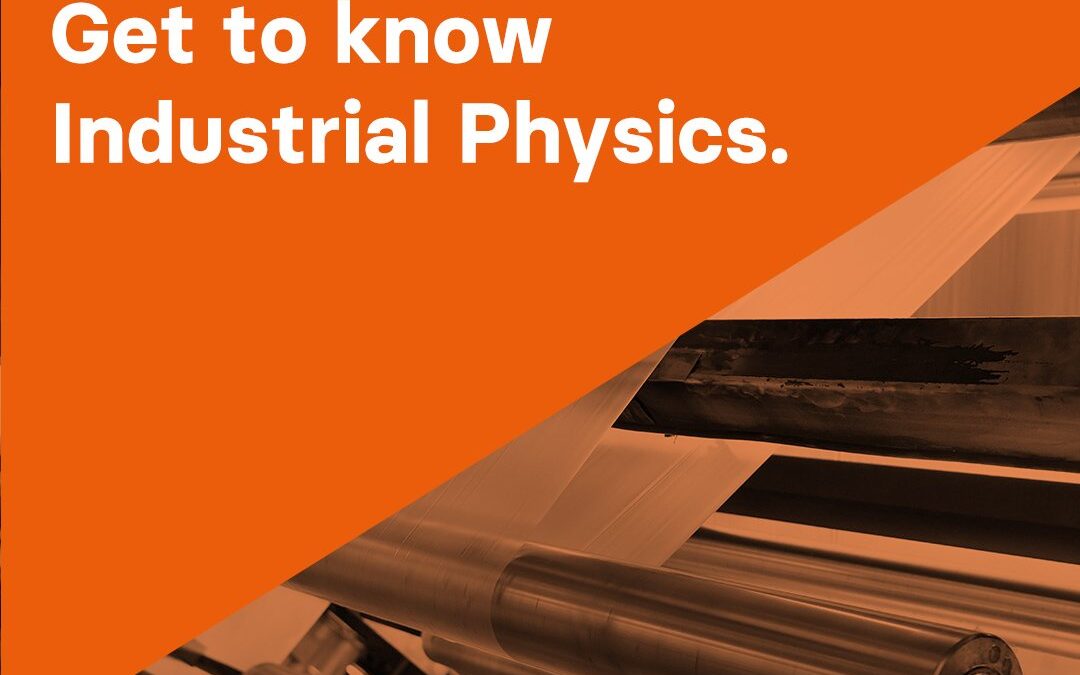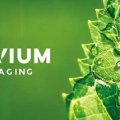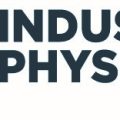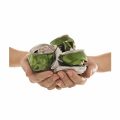You may have heard of names like CMC-KUHNKE, Steinfurth, Quality By Vision, Eagle Vision and TQC Sheen… these specialized testing and inspection brands all belong to the same group, Industrial Physics.
At Industrial Physics, our job is to protect the integrity of your metal packaging: we have been providing packaging, product and material testing and inspection solutions to manufacturers, production lines and laboratories around the world for nearly 100 years.
And much of our equipment is designed to save you money while protecting the integrity of your end product and the planet.
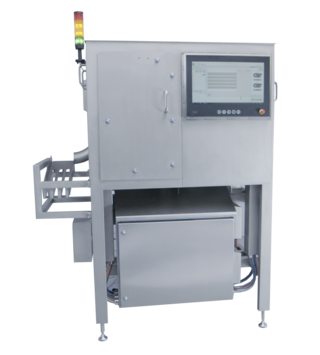
CMC-KUHNKE Auto XTS
Our unique system, the CMC-KUHNKE Auto XTS, is a fully automated, stand-alone or in-line instrument that provides nondestructive seam analysis for beverage fillers.
Created by some of the best seam inspection experts on the planet, the Auto-XTS combines the internal X-ray seam measurements of the CMC-KUHNKE SEAMscan XTS with a second station for external measurements.
The combination of all this in a single robust unit allows the user to obtain faster inspection results and experience reduced labor costs….
Sustainable properties
Based on a small sample of one plant, here is a quick calculation of the environmental impact of destructive testing compared to Auto XTS, analyzing both labor and can waste.
To learn more about the many metal packaging testing and inspection solutions available from Industrial Physics, visit industrialphysics.com.
CO2 FOOTPRINT – AUTO-XTS
Equipment footprint: 0.5T CO2 per year
Total CO2 footprint for AUTO-XTS: 0.5T per year
24-30T CO2 reduction per year compared to destructive seam testing
CO2 FOOTPRINT – DESTRUCTIVE CLOSURE TESTS
3 shutdown tests (one per shift) performed by the operator: 3.2T CO2 per trip + 2.6T office space = 17.4T
Total equipment footprint: 0.5T CO2
Can and product footprint: 170g/can ≈ 6.8T (40K cans/year) based on a 330ml soda can (CO2 footprint of a soda can ≈170g, beer can ≈300-500g, bottle ≈360g).
Total CO2 footprint of destructive seam inspection: ≈24.7T per year.

